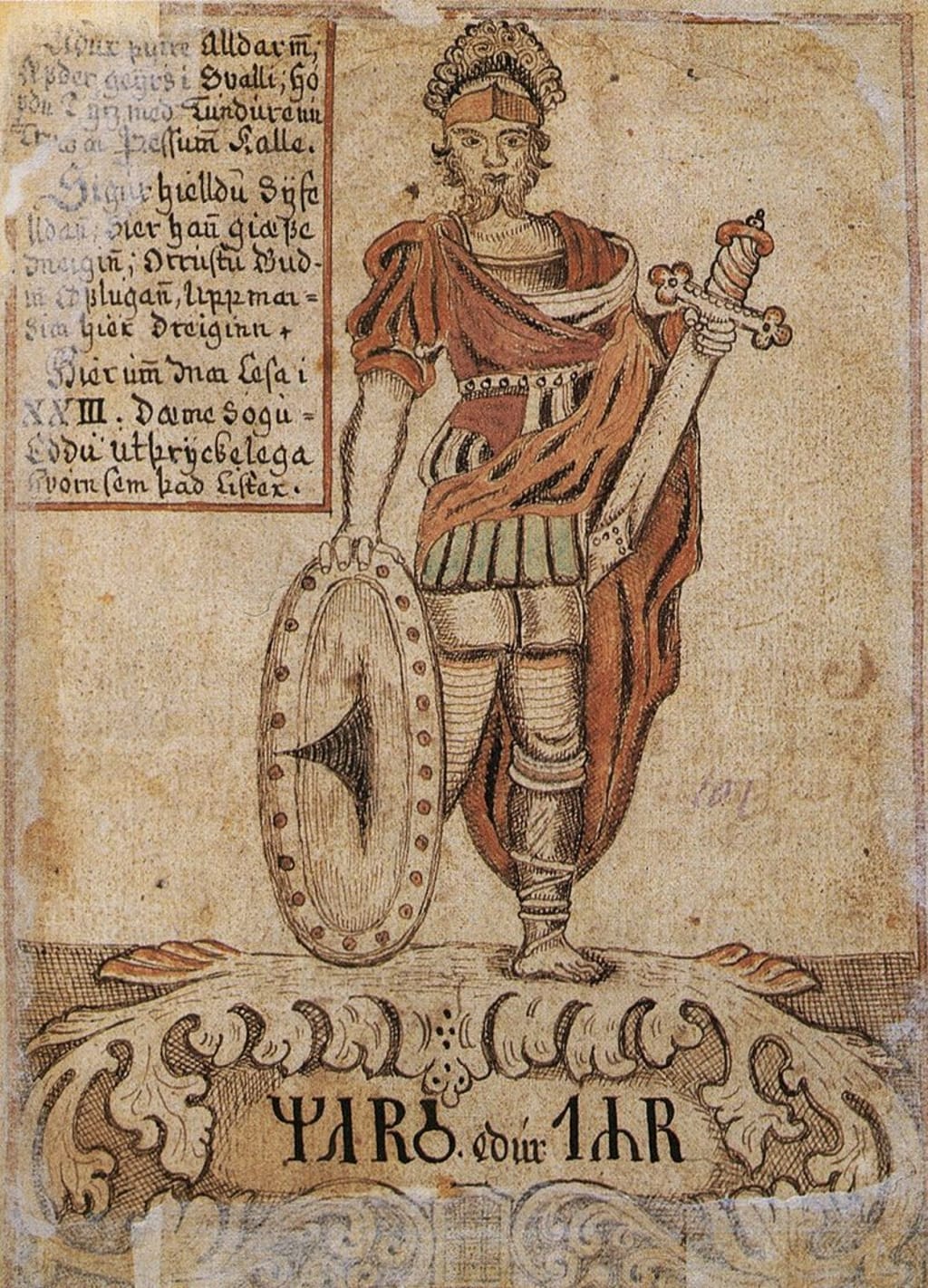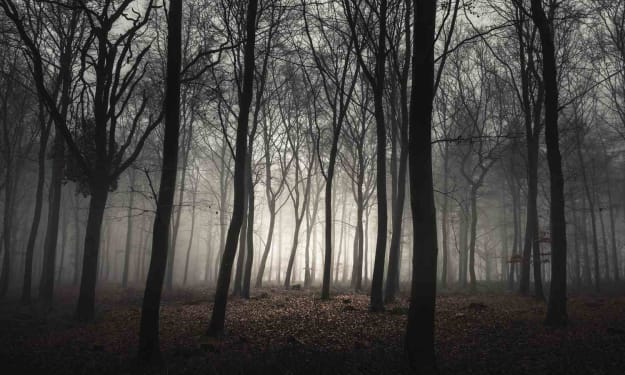
Fossetti, God of Truth and Justice
Fossetti, the god of truth and justice, was the wisest, most upright and eloquent of the gods. From his birth, he was in charge of the cause of justice and reconciliation.
Every day he listens to and accepts the lawsuits of the gods and the world, and decides the final conclusion. He is very fair and good at arguing, so no one is not convinced by the verdict he makes; no one dares to betray the oath sworn before him, otherwise, he will be punished justly and selflessly. He was the legislator of the world, and the Nordics believed that their first laws were made by Fossetti.
In the very early days, Forrest, the Ang people wanted to make a law for everyone to abide by, and specially selected twelve of the brightest and most qualified elders from the clan to handle this matter.
The twelve elders set off separately to various nearby tribes and races to collect a large number of habits and customs as the basic materials for formulating the code. After the preliminary work was completed, the twelve elders rode a flat boat together, trying to find a quiet place and study these materials carefully. However, as soon as they left the homeland, a storm came, and the boat was quickly blown into the sea by the strong wind and lost its way. The twelve elders were tossed so dizzy and exhausted that they could no longer control the course of the boat.
So, the twelve elders prayed uneasily to God Fossetti for help...
At this moment, they suddenly realized that there was one more elder among them, and it became thirteen. The strange guest who fell from the sky did not say a word, but just sat on the rudder to control the direction of the boat and headed towards the rough place. It didn't take long for him to reach a small island.
The stranger abandoned his boat and landed, and the twelve elders followed him step by step. The man took a battle axe from his belt behind him and cut it to the ground, and a clear spring spurted out of the green grass. The twelve elders saw him leaning over the spring to drink, and did the same. Then the thirteen of them sat in a circle on the ground. The twelve elders looked at the stranger carefully, and felt that he was a little like each of the twelve of them, but he was really another person.
At this moment, the strange guest suddenly began to speak. His words began slowly, and then gradually became excited. He was dictating a code of laws that thoughtfully and subtly included all the reasonable elements and advantages of the customs and customs of the various tribes and races, and the local regulations, which the twelve elders had taken a long time to gather, and were unified under one framework and integrated into a non-contradictory whole. Among the codes he dictated, some were related to frequent disputes, such as landmarks, hunting rights, wrecks of ships that washed ashore, logging and gathering firewood; violations of grazing rights, etc.; slander, satire, slander others, make love songs, steal sheep, sour other people's butter, lure other people's swarms; commit crimes against others, carry out escalating injuries, and should be punished from severed fingers to beheading.
Some are laws dealing with contempt of public morals, harm to ethnic groups, and piracy, involving compensation, fines and the death penalty, hanging, exile, etc., and the earliest trade laws are also reflected.
In addition, ritual rituals, respect for the Holy Land, the property of married women, a large and controversial range of killings such as suicide, duels, tournaments, indoor burning, enraged killings, nocturnal killings, killings in the presence of the king or in the Holy Land, Killing without public announcement, dishonorable killings, the most heinous assassinations, etc., are all regulated.
Moreover, a value is also determined for a single person, and a precisely calculated life payment can guarantee that a person's person, family, property or reputation will not be violated.
Certain modifications are allowed, such as in matters involving personal honor, where the victim may resort to force if he believes the legal form is inappropriate, subject to witness and clear declaration.
After he said these words, he suddenly disappeared. The last words he said were: "The land with the law will prosper, and the land without the law will be desolate!" This has become a famous saying that the Nordics love to say.
The twelve elders knew that the stranger was Fossetti, and he himself came to make laws for them. So they called this little bird "Fossetti Island", which was always respected by northern Europe, and even the daring Viking ships dared not violate it. And this meeting became the "court" model and legal genre system for subsequent rulings.
The Norse worship of the god Fossetti is unparalleled in the world. They respect the law, use the law to maintain their dignity as a free person, insist on the open and democratic application of the law in court, and believe that the law is valid for all free people. The jury system was first established, so they are all law-abiding and litigious people. Strangely, revenge and pirate plunder do not contradict their laws, probably because they believe that bravery and practicality are the most fundamental moral principles given by Odin.
Every important judgment is held on this "sacred island" from time to time. At that time, the magistrate must first drink the "Fountain of Truth" water on the island to commemorate the eternal and just God of truth and justice and to show him his impartiality. This spring water is regarded as sacred, and no cattle or sheep who have ever drank this water can be killed again.
Fossetti believes that the gloomy and dark winter is not suitable for the existence of a bright and upright heart, and it is not suitable to be a referee. He only presides over all major referees between heaven and earth in spring, summer and autumn. The Nordics also do not hold referees in winter.
About the Creator
Julian
Like to share all kinds of stories, love adventure.






Comments
There are no comments for this story
Be the first to respond and start the conversation.